
Promoted an arts education policy of Korea in the world
The Ministry of Culture, Sports, and Tourism (MCST) established an arts education policy for the purpose of vitalizing the arts education which would foster ‘creative and imaginative capacity’ in the barren educational arena in 2004. On the journey of its practice, we have faced discourse of arts education by UNESCO. In particular, the 30th General Conference (1999) under the theme of “International Appeal for the Promotion of Arts Education and Creativity at School” supported the appropriateness of the arts education policy.
While taking part in the 1st World Conference on Arts Education held in Lisbon in 2006 under the main theme, “Enhancing the Role of Arts Education in Building Creative Capacities”, we learned to look at the bigger picture so that we could set up the direction of our arts education policy.



Designed world arts education: 2010 UNESCO World Conference in Seoul & Seoul Agenda: goals for the development of arts education
Korea has hosted the 2nd World Conference on Arts Education in Seoul in 2010 expressing its strong conviction for establishing arts education policy. The Seoul Conference has dealt with “Reinforcement of Socio-Cultural Dimensions of Arts Education for Fostering Cultural Diversity and Social Cohesion” in depth. While designing the conference, we have presented our confidence and ability to lead the discourse of world arts education with UNESCO.
During the conference, approximately 130 professionals have discussed 27 current issues on arts education including creativity, economic benefit, and global citizenship in order to clarify the future value and legitimacy of the arts education. It has taken place for five days under the participation of 2,900 people from 104 different countries. We were able to reconfirm ‘the rich value and the role of arts education in sustainable development of our society integrated with individual ability in the diversified society’. Above all, we all agreed that the opportunity for arts education should be evenly given both in and out of the school environment. In addition, we became keenly aware of the necessity of cooperation and solidarity with international societies in order to realize the socio-cultural value of arts education.
‘Seoul Agenda’, which was a major outcome of the conference, is based upon the infinite future value of arts education, and proposes strategies and action items. Although it went through two times of official international consultation meeting, its basic ideas and plans were led by Korea. It is a fruit of Korea’s passion and endeavor in order to give historical meaning to the conference.
Established a foothold of a sustainable arts education policy: International Arts Education Week
During the 185th executive board meeting of UNESCO, ‘Seoul Agenda’ which mainly deals with proclamation of ‘International Arts Education Week’ was unanimously adopted in May, 2011 and was confirmed during general conference held in November, 2011. It means that UNESCO, one of the biggest organizations, has stated its conviction that the arts education is one of the major issues in the 21st century. ‘Seoul Agenda’ will be actively used to establish policies, secure budget, plan projects for vitalizing arts education in the world. And UNESCO is responsible for checking if it is properly implemented and encouraging it during IAEW. In addition, arts-education-related NGOs will contribute to vitalizing arts education by their theoretical assessment and evaluation on ‘Seoul Agenda’.
The arts education in Korea has been totally excluded during last fifty years while we have achieved astonishing economic development. As the 21st century begins, social problems and issues resulted from what we had abandoned came to the surface. It has been less than 10 years since we began to establish arts education policy to solve the problems. Still, we have a lot of social issues and policy measures which we cannot judge their priority. Under this condition, I believe that it will be an important foundation for ensuring sustainability of arts education policy to establish international cooperation and solidarity through such a concrete device as IAEW.
Korea stands at the center of discourse and practice of world arts education
MCST and Korea Arts and Culture Education Service (KACES) hosted an academic symposium and an official event at UNESCO headquarters, Paris in May 23 under the theme, “Arts Education, from Diversity to Sustainability” in order to reconfirm and commemorate the significance of IAEW. During the event, the opening address was given by Choi Gwang-sik, minister of MCST. In his speech, he stressed on the meaning of IAEW and the importance of action. In the symposium, Park Jae-eun, president of KACES has proposed ‘Results and Promotion Strategy of Korean Government’s Implementation of Seoul Agenda’ as a role model of ‘Seoul Agenda’.
We were able to rediscover that Korea stood at the center of the discourse and practice of world arts education as well as to reconfirm cooperation with 197 UNESCO member states in order for sustainable development of arts education during the official commemorative event at UNESCO headquarters.
Diverse events have been taking place in and outside the country during the International Arts Education Week (IAEW), the fourth week of May, 2012. As a head of a department which is in charge of planning and promoting the official events of the IAEW which was held at UNESCO headquarters in Paris, I would like to share the significance of IAEW with the persons concerned.
Written by Jung Yeon-hee (Director General, KACES)
댓글 남기기
비밀번호 확인













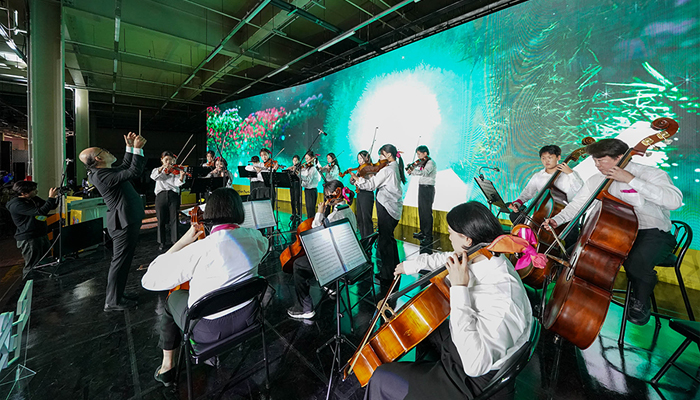
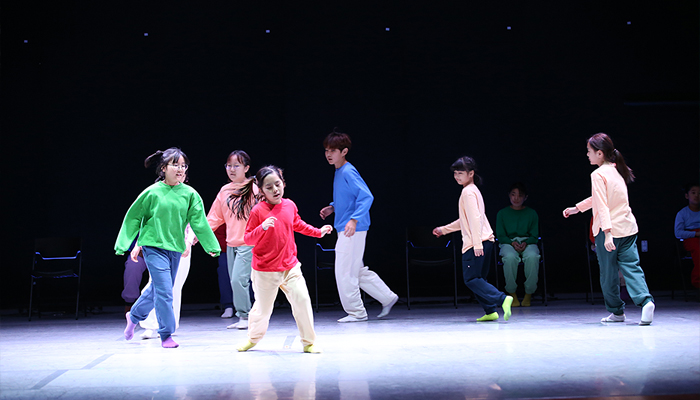
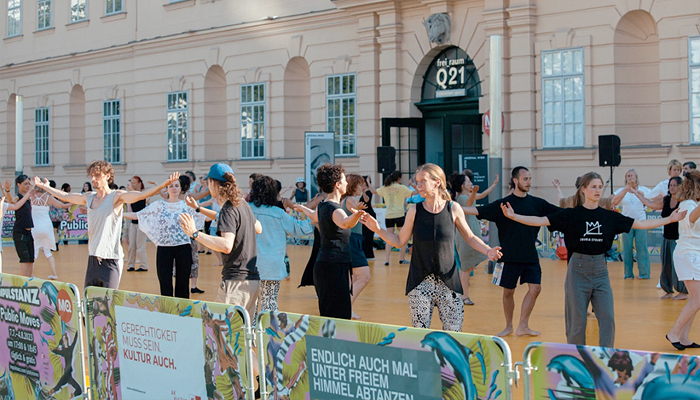
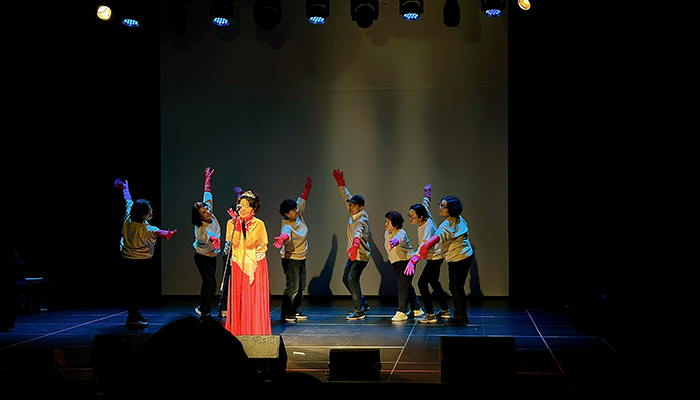
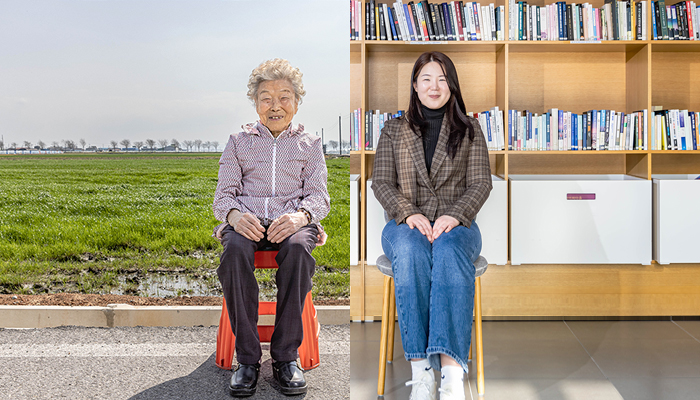
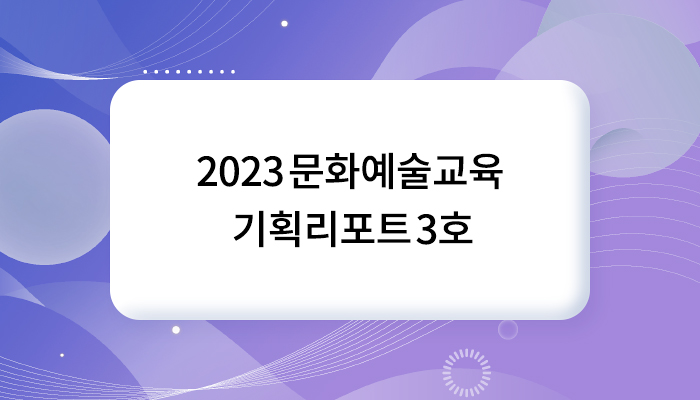
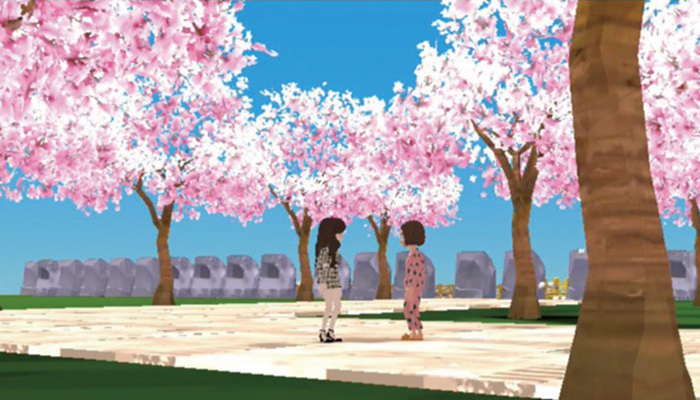
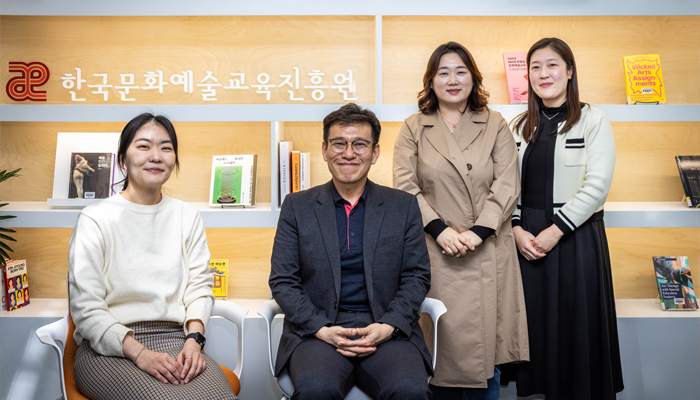

Very nice post. I just stumbled upon your weblog and wanted
to say that I’ve truly enjoyed surfing around your blog posts. After all I will be subscribing to your feed and I hope you write again very soon!
My family every time say that I am killing my time here at net,
but I know I am getting knowledge all the time by reading thes nice content.
You actually make it seem so easy with your presentation but I find this matter to be really something which
I think I would never understand. It seems too complex
and extremely broad for me. I am looking forward for your
next post, I’ll try to get the hang of it!
you are truly a good webmaster. The web site loading speed
is incredible. It seems that you are doing any distinctive trick.
Moreover, The contents are masterwork. you have performed a magnificent activity in this subject!
Howdy! This article could not be written any better! Going through
this article reminds me of my previous roommate! He always kept preaching about this.
I will send this article to him. Pretty sure he’s going to have a good read. Thank you for sharing!
Excellent website you have here but I was wondering if you knew of any community forums that cover the same topics discussed in this article?
I’d really like to be a part of community where I can get comments from other knowledgeable individuals that share the same interest. If you have any suggestions, please let me know. Appreciate it!
I do not even know how I finished up here, however I believed this submit was once great.
I don’t understand who you are but definitely you are going to a famous blogger if you happen to aren’t already.
Cheers!
What’s up to all, how is all, I think every one is getting more from this site, and your views are nice for new visitors.
Hello everyone, it’s my first pay a visit at this website, and article is really fruitful for me, keep up posting these articles.